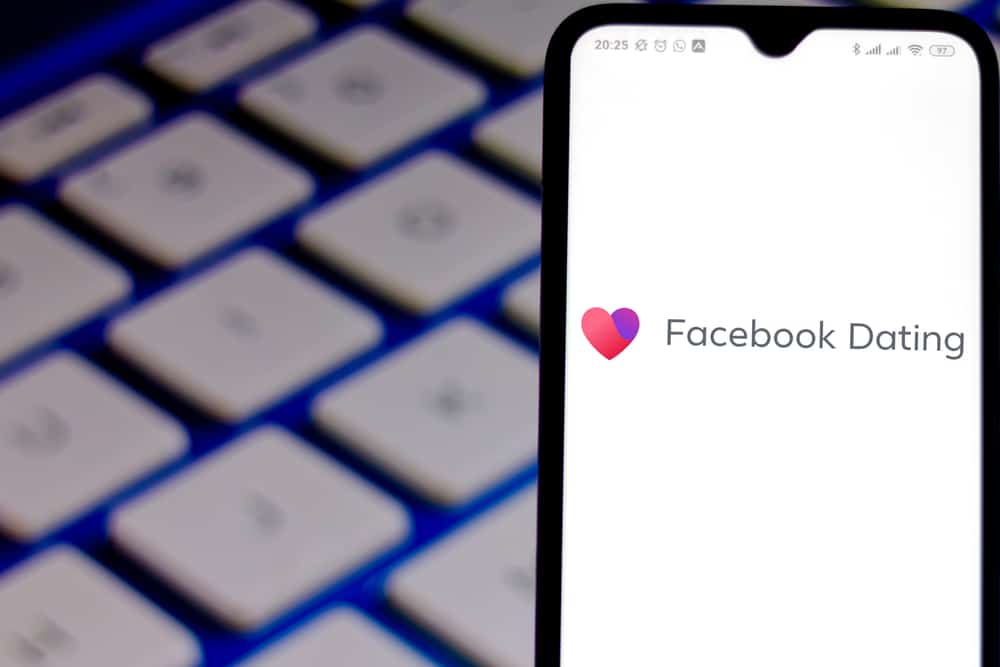15 Common Online Scams
Michelle Wilson - November 26, 2021

While we’d all like to believe the internet is a safe place, the reality is many criminals, and hackers try to steal critical data, funds, and accounts from unsuspecting people every single day. We can quickly become victims of these attacks if we’re not careful, especially as our reliance on online activity increases. Different attack tactics and tools can vary, from traditional vectors (malicious software and vulnerabilities in programs or apps) to phishing scams. To help protect you online, here are 15 common online scams you need to be aware of.
Table of Contents
Phishing Email Scams
Over one-third of all security incidents originate with malicious attachments or phishing emails, making it a severe threat to online activity. Phishing scams use email or social networks to gain unauthorized access to sensitive information. A criminal messages people hoping to trick them into providing details like bank accounts, membership sign-ins, social networks, or company logins. From there, users click a malicious link that leads them to an authentic-looking platform. Unfortunately, criminals control it, using the acquired details for ill intent.
The Nigerian Scam
Arguably one of the oldest and most popular scams, this attempt focuses on a member of a Nigerian family with wealth, hoping to trick and lure different people. The lure promises large amounts of money in exchange for a small fee to cover legal costs. The scam often involves an emotional and urgent letter (sent through email, text message, or social network) asking for help retrieving a large sum of money. Should someone fall victim to the initial transaction, the sender becomes more and more pressing, asking for more significant amounts. In the end, the victim is left broke and without any of the promised funds.
Greeting Card Scam
While greeting cards are becoming less common, this scam preys on holidays. Pretending to be a family or friend, the internet scam uses greeting cards to inject malware onto a device to extract valuable data. When a victim opens the email and clicks on the card, malicious software downloads onto the user’s operating system. The computer sends private information and financial data to the fraudulent server when this happens. The type of malware varies, from annoying popups to dangerous networks of affected computers.
Bank Loan or Credit Card Scam
As financial distress hits, many people fall victim to “too good to be true” offers that guarantee large amounts of funding have been preapproved by the bank. Most of these “offers” come with steep processing or handling fees, leaving victims without cash and preapproved accounts. Always watch your accounts closely (particularly with online transactions) to prevent this attack. Also, follow the rule of thumb; if it seems too good to be true, it probably is.
Lottery Scams
The lottery scam is another classic attempt that doesn’t seem to get old. This scam comes through as an email, with the sender indicating a giant lottery payout is coming. Most of these scams require the victim to pay small fees, often to cover “shipping or delivery.” Unfortunately, there’s no prize money at the end of this scheme – it leaves victims without their cash indefinitely.
Hitman Scams
While this might seem a bit far fetched, the hitman scam is one of the most frequent types of online coaxing you’ll find. Cybercriminals send individuals an email, often threatening to cause harm if a ransom isn’t paid. Depending on the criminal, the threats can vary but might include kidnapping or imminent harm to the victim or family. Scammers will often incorporate personal information sourced through social media or public records to make the threat seem more real.
Online Dating Scams
A romance scam often takes place on a social media network or dating website; most scammers build a strong emotional attachment with their victim, often using love bombing and exclusivity to form trust. From there, the scam artist always has a reason for not meeting up and ultimately needs help from the victim to secure funds. These might include plane tickets, car repairs, or medical bills. The romance fizzles out immediately once the victim stops sending money to the scam artist.
Fake Antivirus Software
Almost everyone has come across the message of current threats on our computers, mainly when advertising a specific antivirus program. Criminals developed these popups to mimic genuine software, convincing users to download the program. Once downloaded, the software installs malware, Trojans, or other viruses onto the computer. They might also include ransomware, blocking and encrypting files until a ransom is paid (or never unlocking them despite payment).
Social Media Impersonation
Social media channels are highly active, making them the perfect spot for criminals to make a quick buck. As an account becomes hacked, shared connections are unaware of the attack. From there, most criminals will spam out messages, hoping to gain personal information or funds from unsuspecting people. Alternatively, a criminal might set up a fake duplicate social media profile in hopes of connecting with those closest to you.
Economic Scams (Get-Rich-Quick Schemes)
This scam preys on those wanting to earn a quick buck online, promising fake jobs or positions to get a sizeable income. Unfortunately, this tactic preys on the financially vulnerable, preying on the emotional side of victims. These posts often use work-at-home scams, where the criminal lures the victim into giving away personal information and financial accounts in hopes of landing a job. These positions never come to fruition, leaving victims open to identity theft.
Travel Scams
These scams will frequently include highly discounted offers for exotic locations, particularly around hot summer months or holidays. Most of these offers fail to disclose hidden fees or costs until you’ve already submitted payment. Other scams take money for the trip without sending the victim anywhere. When booking a vacation, always use a reputable travel advisor to book the trip.
Fake Bitcoin Scam
These scams take advantage of those wanting to get into the crypto market, offering digital wallets open to hacking and scammers. Most notable scams include Ponzi schemes, fake Bitcoin exchanges, and malware.
Fake Shopping Websites
As online shopping becomes increasingly popular, it’s important to remain cautious about the sites you’re buying from. Thousands of websites redirect users to false information or malicious programs, stealing credit card details upon checkout. Even worse, some websites steal financial information without sending any products. Always be suspicious of any website offering significantly discounted products online.
Job Offer Scams
Scam artists often pose as employers or recruiters looking to fill a position within a company, hoping to attract individuals looking for a job. They often use fake or attractive positions to lure people into sending their resumes and personal details. Some will start with a phone call or email, claiming to be from a reputable company interested in hiring you. From there, you’ll send your personal information right into the hands of criminals.
Loyalty Points Phishing Scam
Many popular websites offer a loyalty program for their customers, enticing them to stay loyal to the brand. This scam involves a cybercriminal sending a phishing email to a customer mimicking the loyalty program (typically offering bonus points). From there, individuals enter their account number or sign-in details into the website link, unknowingly compromising their account.
Conclusion
While online activity continues to increase, so do the threats that leave us vulnerable. Although we can’t permanently eliminate the risk of scams, we can be aware of them. Through education and awareness, users can protect their information online, reducing the probability of account compromise or financial loss.












